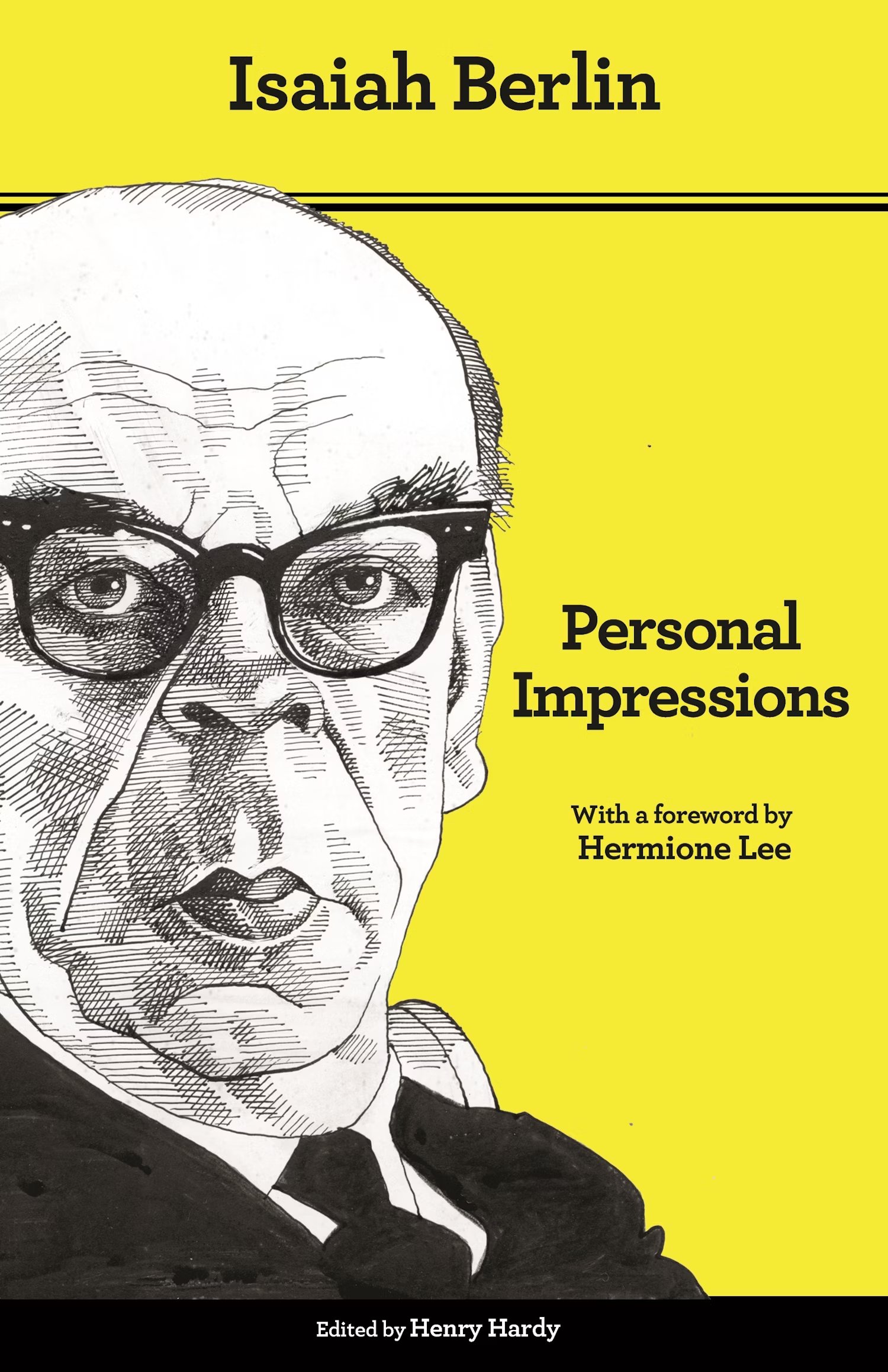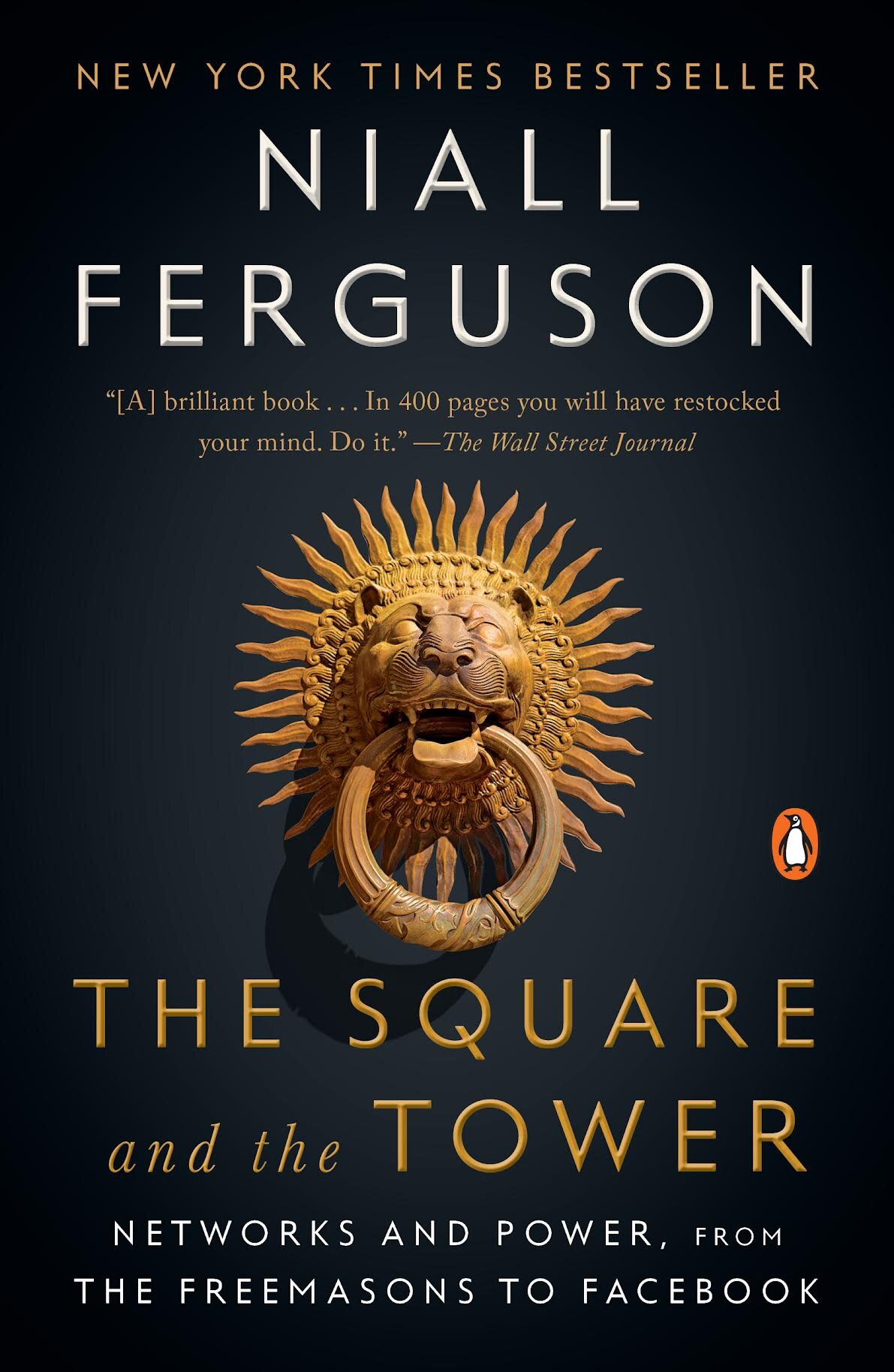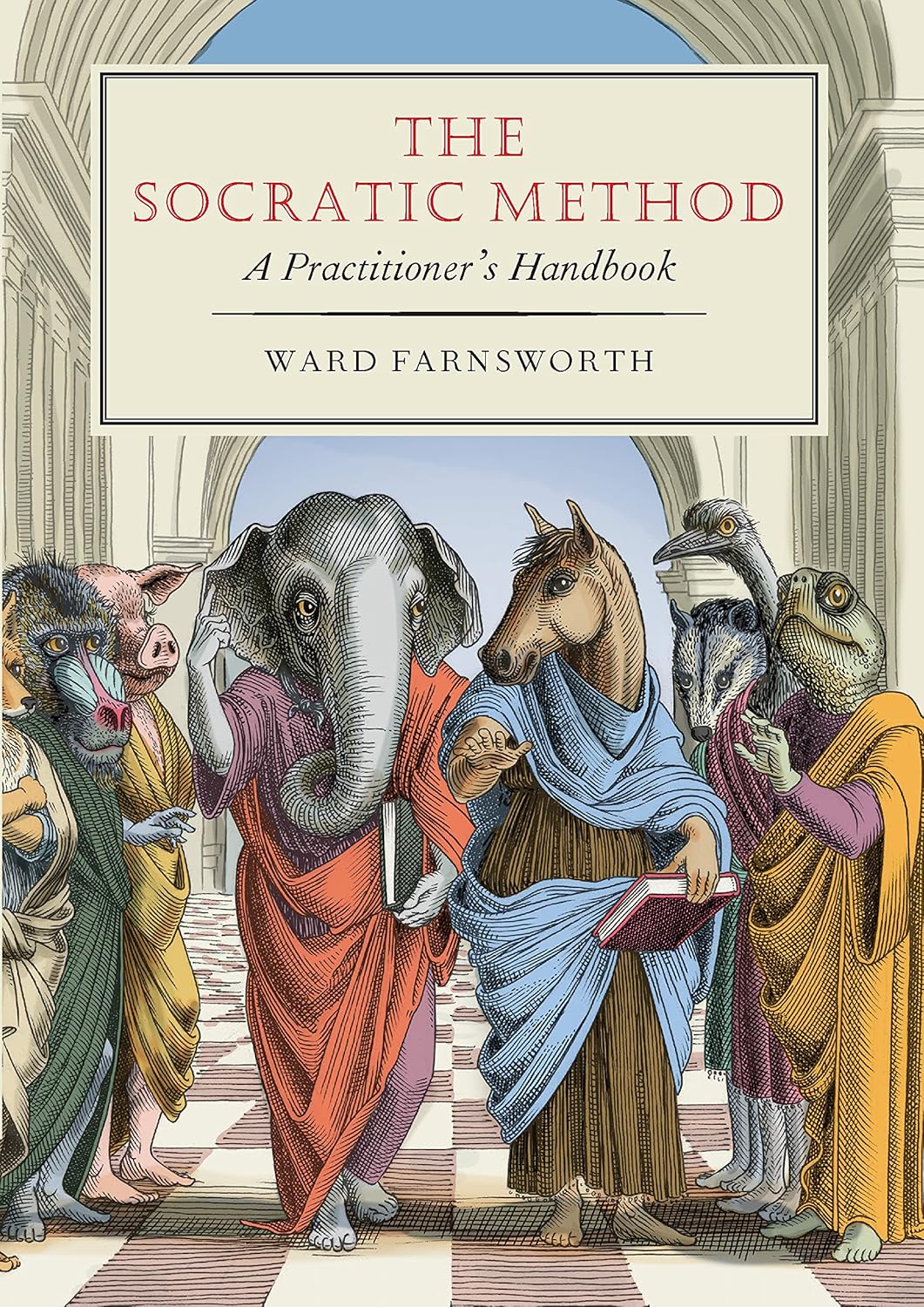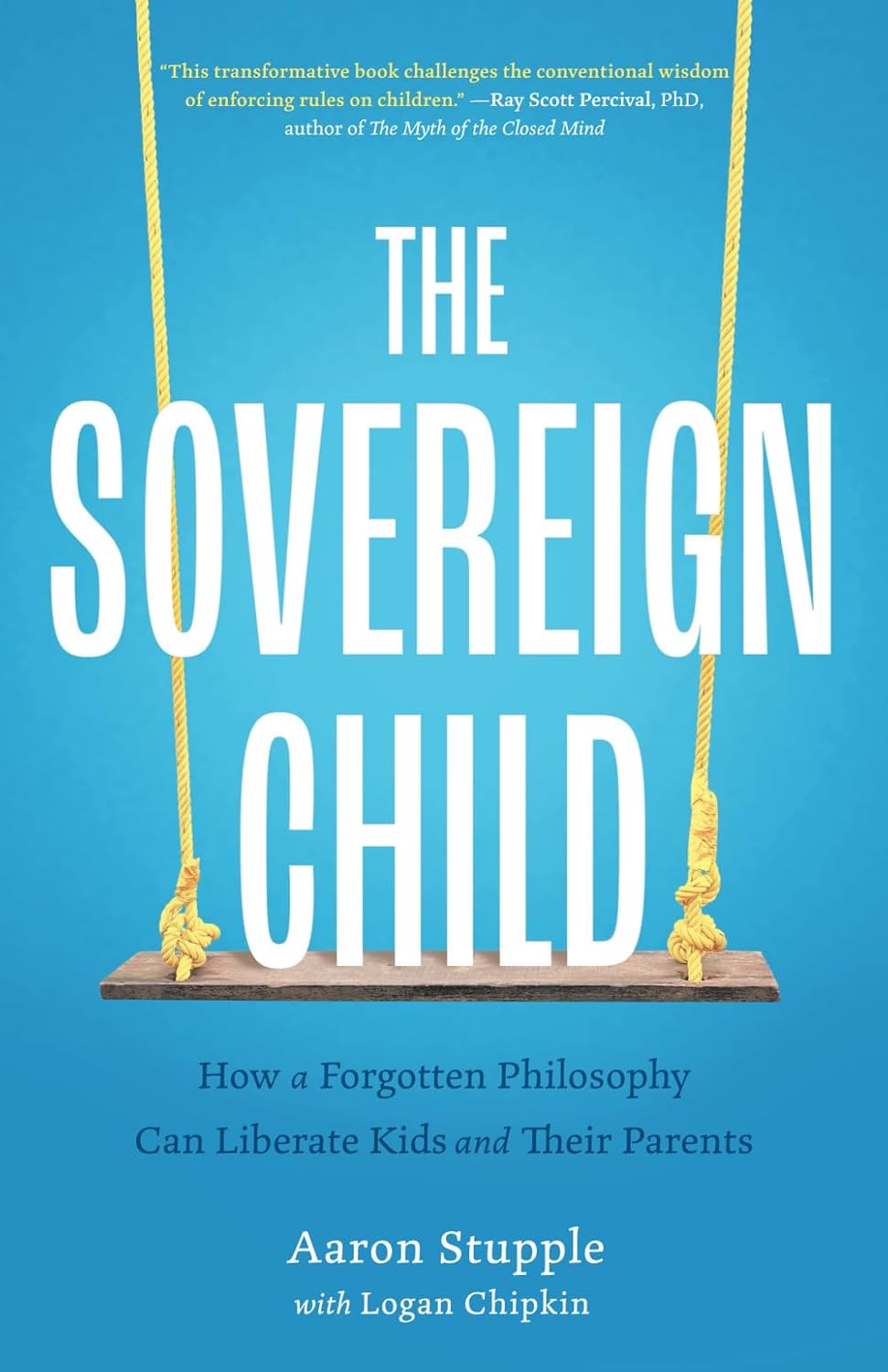Boom by Byrne Hobart, Tobias Huber

-
The implicit conceptual model behind any unconstrained optimistic or pessimistic view of progress is that it is deterministic and automatic. According to many variants of techno-optimism or “doomerism,” progress just happens—either the Singularity arrives or civilization collapses. 5 But progress isn’t mechanistic. It is spectacularly singular and requires an explicit and unified vision of the future.
-
One way to think about low interest rates is that from a financial perspective, they make everything happen at once. If one dollar in 10 years is worth about as much as one dollar today, the timing of profits doesn’t matter. But everything is not what needs to happen; the bubbles and megaprojects that produce transformative innovation are specific events. Initially, these developments resist categorization because they occur before there’s even a defined category, sector, or industry for them. The atomic bomb preceded the “defense space”; the “space industry” emerged decades after Apollo; “crypto” followed Bitcoin. What does accelerate progress is a concentration of effective people working on adjacent problems.
-
On the contrary, policies designed to preserve or optimize abstract macroeconomic aggregates, such as “wealth” or “employment,” tend to inhibit the vital process of constant industrial revolution—which, according to Schumpeter, involves the perpetual creation and destruction of concrete, machines, material infrastructures, and industries. Consequently, “creative destruction without destruction,” “capitalism without bankruptcy,” and “risk without consequences” essentially amount to Christianity without Hell. And since Hell is not an attractive political pitch, the technocratic policies of perpetual risk suppression constantly create more systemic risk the harder they attempt to annihilate it. Naturally, eternal stagnation is preferred over economic collapse, which is not a political option. Stagnation, in other words, is a choice.
-
A 15th-century visitor to Constantinople, the ancient capital of a dying empire, remarked that the citizens were not obsessed with the existential threats to their lives but with obscure theological debates: “If you ask a man to change money he will tell you how the Son differs from the Father. If you ask the price of a loaf he will argue that the Son is less than the Father. If you want to know if the bath is ready you are told that the Son was made out of nothing.” A visit to a modern college campus might produce a similar observation. Higher education is now the site of an irresistible drive to moralize and politicize everything, which in turn imposes self-censorship and a risk-averse culture.
-
Making a decision—collapsing a range of possibilities into one actualized instance—requires taking risks. In contrast, optionality—often sustained by what Debord has called the “false choices offered by spectacular abundance”—conceals a deep risk intolerance.
-
In April 2023, as SpaceX prepared the experimental launch of Starship, its flagship rocket, SpaceX CEO Elon Musk lamented the “soul-sucking” process of getting all of the safety reviews and requirements that the dozen or so regulatory agencies demanded. Holding his head, Musk said, “I’m trying to figure out how we get humanity to Mars with all this bullshit.” Later, he added, “This is how civilizations decline. They quit taking risks. And when they quit taking risks, their arteries harden. Every year there are more referees and fewer doers. That’s why America could no longer build things like high-speed rail or rockets that go to the Moon. When you’ve had success for too long, you lose the desire to take risks.” 131 We need to cultivate and catalyze boldness and exuberant risk-taking, stop the decline Musk deplored, and find a way to channel our thymotic energies into something radically new. To that end, we now turn to an unexpected but highly effective vehicle for enabling just such a Promethean spirit of risk-taking: speculative bubbles.
-
FOMO, like many aspects of human psychology, is a bug that has evolved into a feature. It’s generally not great that we as a species exhibit herdlike behavior, of which FOMO is just one example. But such behavior also functions as a coordination mechanism. Since good bubbles function by aligning people and capital to work on the right problem at the same time, FOMO helps ensure everyone gets on board at once. If a bubble only excites people who are early in their careers, it won’t be able to marshal the institutional and financial resources necessary to reach fruition. If a bubble only grabs the attention of people who are late in their careers, it will end up constrained by existing paradigms. If a bubble excites speculators but not entrepreneurs, it will bid up assets without building anything. If a bubble only convinces founders to act, it will be starved for capital. All of these people need to participate in the bubble at the same time, and FOMO can bring them together.
-
Financial bubbles emerge when perception and reality diverge. When this happens, one of two things eventually occurs: either perception moves closer to reality or reality bends in the direction of perception. In the former case, bubbles can result in spectacular crashes that annihilate value and wealth. In the latter, they serve as a necessary catalyst for massive technological acceleration, as some of the bubbles we document in this book demonstrate. Nevertheless, given the potential for ruin that inevitably accompanies a bubble, some readers will remain skeptical of their value. Why not merely pursue safe, incremental progress? To address this alternative, it’s worth considering a world without financial bubbles—a world where no one gets too excited about the possibilities of the future because no one is excited about the future at all.
-
By contrast, in a static economy, everyone’s gain comes at someone else’s expense. Corporate profits can rise, but only if they come out of labor’s share of national income or from lower taxes, which will result in higher inflation or fewer government services. In a no- or slow-growth environment, disputes involve not how to fairly divide the spoils of winning but who will lose out. Instead of looking forward to a brighter future, people are inclined to worry about how much worse their future will be than their present, and to attribute such worsening to the behavior of others. Under such circumstances, ambitious people will be attracted to jobs that involve zero-sum games: adversarial politics, irresponsible speculation, fraud, even revolutions and coups. From this perspective, bubbles can be seen as an outlet for restless energy. They offer a domain where the Stalins, the Cesare Borgias, and other ruthless types can satisfy their ambition by participating in positive-sum games. Indeed, there is a strong, empirically documented relationship between a zero-sum mindset and the economic environment: The more adverse the economic environment, the less positive-sum the thinking becomes. Scarcity thinking kicks off a self-reinforcing doom loop, which results in more scarcity.
-
There’s a sense in which participating in bubbles speaks to an important aspect of the human condition. People want to transcend limitations, and a world without bubbles is a world defined by preexisting limitations. In economic terms, it’s a bit like living in the ruins of a once-advanced but now departed civilization. In his book The Decline of the West, German historian Oswald Spengler contrasted an Apollonian culture, obsessed with the present, with a Faustian culture, which looks toward the infinite and the transcendent. Bubbles are deeply Faustian. When they work, they’re a way for participants to look back and look down on the more mundane parts of the world.
-
In sum, Apollo was a reality-distortion field that heavily skewed perception of the program’s risks and rewards. As a consequence of this bubble-like dynamic, society’s risk tolerance increased substantially, enabling unprecedented financial and technical risk-taking. The extreme willingness to take risks, constantly reinforced by unrealistic levels of optimism, may not sound rational, but it put a man on the Moon.
-
Of course, decentralization isn’t inherently a good thing. It only works when valuable local knowledge—tacit knowledge—can be profitably harnessed by large groups and organizations. In other words, what’s needed is a mechanism, like prices in a free-market system, that aggregates knowledge to make it globally accessible. In the case of Apollo, handwritten notes functioned as information-aggregation mechanisms. In von Braun’s system of “Monday notes,” engineers and technicians were required to identify the most salient issues and submit a single-page note. After leaving comments in the margins, von Braun would circulate the entire annotated collection of notes within the organization. Through this informal system, everyone was able to tap into the organization’s collective knowledge and contribute solutions to each other’s problems. There was one level of centralization, with von Braun serving as the hub for information, but his role was really to highlight problems in a way that facilitated decentralized solutions.
-
Apollo was nothing less than an instance of the technological sublime. The Apollo 11 mission, and the technological mastery a successful Moon landing represented, elicited a cross-cultural spiritual reaction. Images from the mission were “surrounded with the aura of religion,” from the silvery Saturn V rocket, which towered against the darkness of space before it lifted off and sent the first humans to another world, to the Apollo 8 crew’s reading from the Book of Genesis on Christmas Eve 1968, to Armstrong’s footprints on the lunar surface. In the 20th century, the experience of the technological sublime was a recurrent phenomenon in America—think of the interstate highway system, the Hoover Dam, the Manhattan skyline, the atomic bomb, the jet airplane, or the Golden Gate Bridge. After Apollo, that experience essentially vanished.
-
Rapid advances in hardware and software, while ensuring the good fortune of the industry, didn’t guarantee that any single participant could passively maintain market share. Every player had to relentlessly catch each new wave of advances. A 70-year logarithmic chart makes advances in chip density look like a smooth process, but each advance was a discrete, step-function change. Companies that were even a few months early or late would miss out on sales but would still bear the fixed cost of research and development as well as their capital expenditures.
-
Markets—and, by extension, bubbles—“channel the competitive spirit into constructive efforts instead of exacerbating it to the point of physical violence.” Instead of achieving order through violent and ritualistic sacrifice, a more peaceful, albeit similarly ritualistic, “spontaneous order” (to use economist Friedrich Hayek’s phrase) emerges.
-
Markets perform a similar function to religions in another, more literal sense. The translation of future cash flows into a present asset price is just another way of reconciling the demands of the eternal future with the here and now. Therefore, markets—these sublime machines that synthesize beliefs and aggregate them into prices—instantiate a secularized version of the sacred.
-
Each historical phase of speculative exuberance we’ve looked at was driven not by abstract forces but by high-agency personalities. Their thymotic drive seems to represent the apex of human agency—new energies are released, humans are launched into space, novel industries emerge. Bubbles, then, fuse agency with destiny.
-
Bubbles are simultaneously technologically deterministic and socially constructivist in nature. They only work if the new product is physically possible, but they also rely on discrete choices by specific people.
-
Each bubble we’ve discussed was fundamentally driven by a definite or constrained vision of a future that was radically different from the present. Bubbles can therefore be understood as mechanisms to reorient the present toward the future; they are materializations of futuristic visions in the present.
-
bubbles have a skewed risk-reward structure. The upside from being right and early is multiples of the cost of being wrong. Moreover, there’s a psychic benefit to trying to build something unique alongside a team of true believers, even if it ends up failing. Investments can vaporize in an instant, but the memory of being part of a tiny band of people trying to change the world, and feeling for a time like it’s succeeding, is timeless.
-
Whereas superstitions are “merely false beliefs,” philosopher Nick Land explains, “hyperstitions—by their very existence as ideas—function causally to bring about their own reality.” We can therefore think of bubbles as “reality distortion fields” that warp reality to their underlying vision.
-
the yearning for transcendence, redemption, and salvation from the “iron cage” of soulless rationality remains an irrepressible historical constant.
-
Today, a lack of transcendent vision is the ultimate source of the crisis of meaning and the techno-economic and cultural stagnation that inflicts the West. But nascent bubbles in sectors like space exploration, AI, and renewable energy offer promise that this transcendent impulse has not entirely disappeared. We’re by no means suggesting that the visionary technologists who realize the breakthroughs of the future all need to be deeply committed Christian believers. 396 But we predict that they will most likely exhibit a deeply spiritual—and, in some cases, explicitly religious—impulse toward realizing and participating in something transcendent. They will be attracted to a Promethean vision that transcends the limitations of the present and rationalizes the sacrifices and risk-taking its actualization demands. What is truly scarce are not natural resources or new ideas but the human will and courage to unlock nature’s intrinsic superabundance. There are no limits to growth, only the growth of limits. Scarcity isn’t a built-in feature of our world; the universe produces more energy and offers more matter than we could ever desire to capture, convert, and consume.
-
In a 2018 talk, Peter Thiel asked, “What aspects of technology are actually charismatic? Where there is a good story—[a] story about technology making the world a better place. It needs to be real, needs to be a viable business, but at least [it needs to be] something that inspires people, motivates people in the company, and has a transcendent mission.” Another name for what Thiel here refers to as “charismatic technologies” is the sublime.








